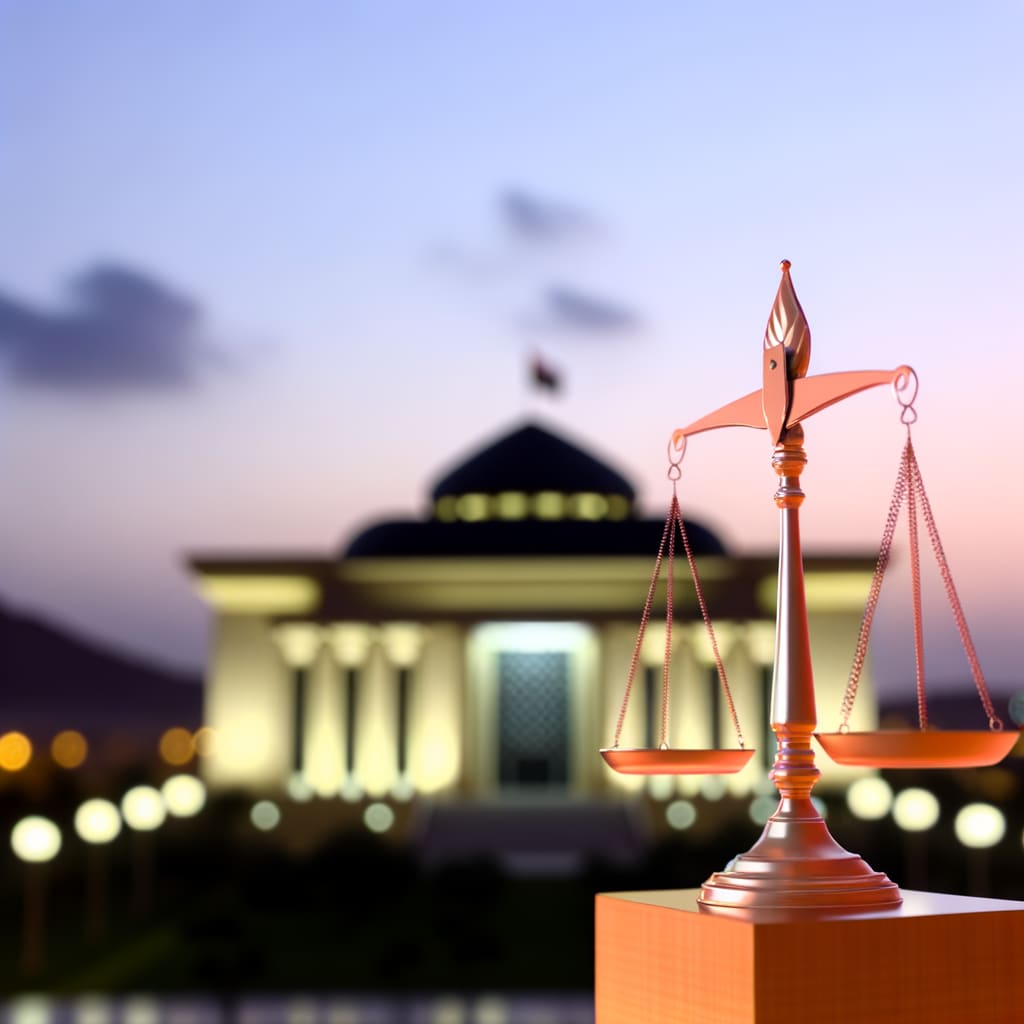Israel's Deepening Crisis: A Wave of Legislation, Anti-Palestinian Violence, and Far-Right Influence
Israel's political landscape is undergoing an unprecedented transformation, with a wave of legislation, controversial political decisions, and rising anti-Palestinian sentiment, according to several Middle East news outlets. The development has sparked debate about the need for reform amid a shifting political landscape and has raised concerns about the perpetuation of the Israeli-Palestinian conflict.
Crisis Beyond the Courts
Recent legislative measures, described by some as a judicial coup
, paint a picture of a political culture that is evolving towards an openly annexationist agenda. The government under Prime Minister Benjamin Netanyahu has been pushing a series of laws that target Palestinian society in Israel.
Perhaps the most controversial of these, a bill to impose the death penalty on Palestinian prisoners convicted of killing Israelis on nationalistic grounds
, has passed its first reading in the Israeli Knesset, drawing widespread condemnation from human rights groups. The legislation is an extension of the racist Zionist approach and an attempt to legitimise mass murder against our people,
said the Islamic Resistance Movement Hamas.
Far-Right Influence and Anti-Palestinian Violence
Far-right ministers within Netanyahu's government, including Finance Minister Bezalel Smotrich and National Security Minister Itamar Ben-Gvir, have also been exerting pressure on the Prime Minister to formally reject any prospect of a Palestinian state. This stance has been reinforced by Ben-Gvir's claim that the Palestinian nation was artificially invented
.
Ben-Gvir's influence extends beyond the political realm. The minister has been involved in at least one raid on Jerusalem's Al-Aqsa Mosque courtyard in the last month and celebrated the advancement of the death penalty bill by handing out sweets in parliament.
Reactions and Implications
The escalating anti-Palestinian sentiment and violence in Israel has triggered international criticism and calls for reform. The election of a new president for the committee representing Palestinians in Israel has sparked debate about the need for structural changes to better advocate for Palestinian political and civil rights.
The ongoing crisis has also impacted Israel's international standing. For instance, the governing body for soccer in Ireland recently joined Norway and Turkey in calling for the Union of European Football Associations (UEFA) to suspend Israel from competition over alleged violations.
An Uncertain Future
The current political climate in Israel presents a significant challenge to the future of Israeli-Palestinian relations. The escalating legislation, coupled with the growing influence of far-right elements within the government, has deepened the crisis in Israel. As these developments unfold, the need for widespread reform and a shift in political culture becomes increasingly apparent.

